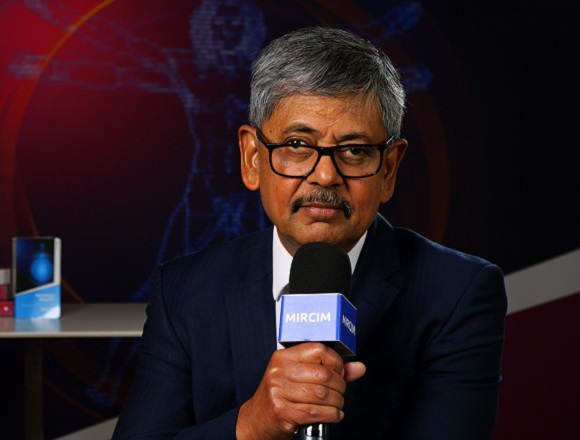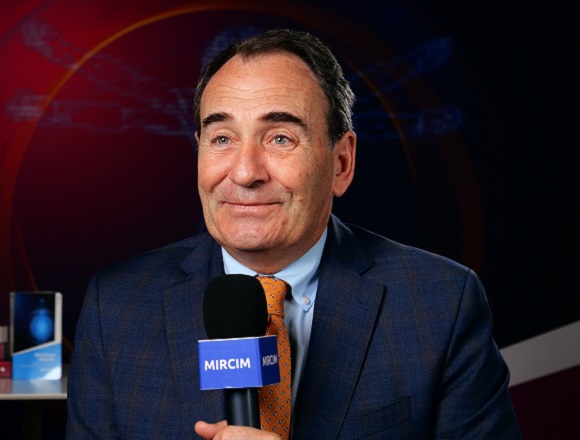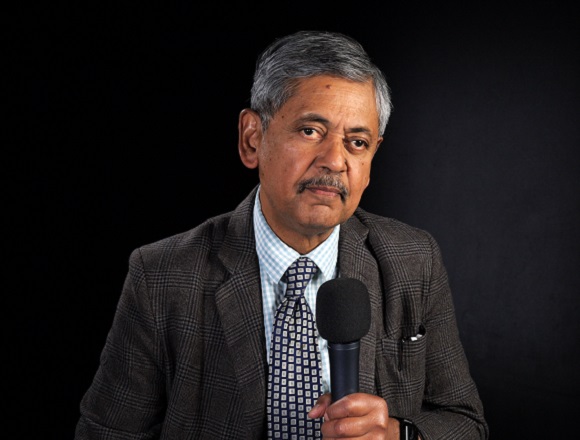Bhaskar Dasgupta, MD, is a professor of rheumatology at Southend University Hospital, UK, and honorary professor of Essex University, UK.
Are glucocorticoids still the mainstay of treatment of polymyalgia rheumatica (PMR) and giant cell arteritis (GCA), or should we consider glucocorticoid-sparing agents earlier than before?
I think that’s a great question. I think the answer to that is that the role of glucocorticoids in the treatment of GCA and PMR is steadily diminishing. The reason for that is, number one, glucocorticoids are not as effective as some of the newer treatments in terms of the vascular inflammation. Number two is glucocorticoids cause a lot of side effects, particularly in the elderly people who have lots of medical problems, etc.
Therefore, because of the lack of effectiveness and toxicity of glucocorticoids, we have to start looking for other medications. We are very fortunate that we are getting new medications coming on stream. As everyone knows, one of my big favorites is leflunomide. Leflunomide has been shown in case series, in open randomized controlled trials (RCTs). It is also being trialed in a double-blind RCT as well in PMR. It has been shown that it works very well in GCA as well.
Leflunomide, methotrexate... But also the newer biologics—tocilizumab, which blocks the interleukin 6 (IL-6) has been clearly shown to be effective in GCA in the GiACTA trial. There are studies that show that it is also effective in PMR.
In addition, another IL-6 blockade agent is sarilumab. Sarilumab has been shown to be effective in PMR in the SAPHYR study and it has been approved in the United States for the treatment of relapsing PMR.
We have new, new biologics coming on stream: Janus kinase (JAK) inhibitors, upadacitinib, granulocyte-macrophage colony-stimulating factor (GM-CSF) inhibitors, such as mavrilimumab. These all have a great chance of controlling both GCA and PMR.
In the next 5 years, I think we will steadily see the role of steroids being reduced, reduced, reduced, and the key to it is disease stratification. Easy-to-treat remitting disease can still be treated with steroids, but the difficult-to-treat relapsing, refractory disease with ischemic problems should have early treatment with disease-modifying agents and biologics.
 English
English
 Español
Español
 українська
українська






